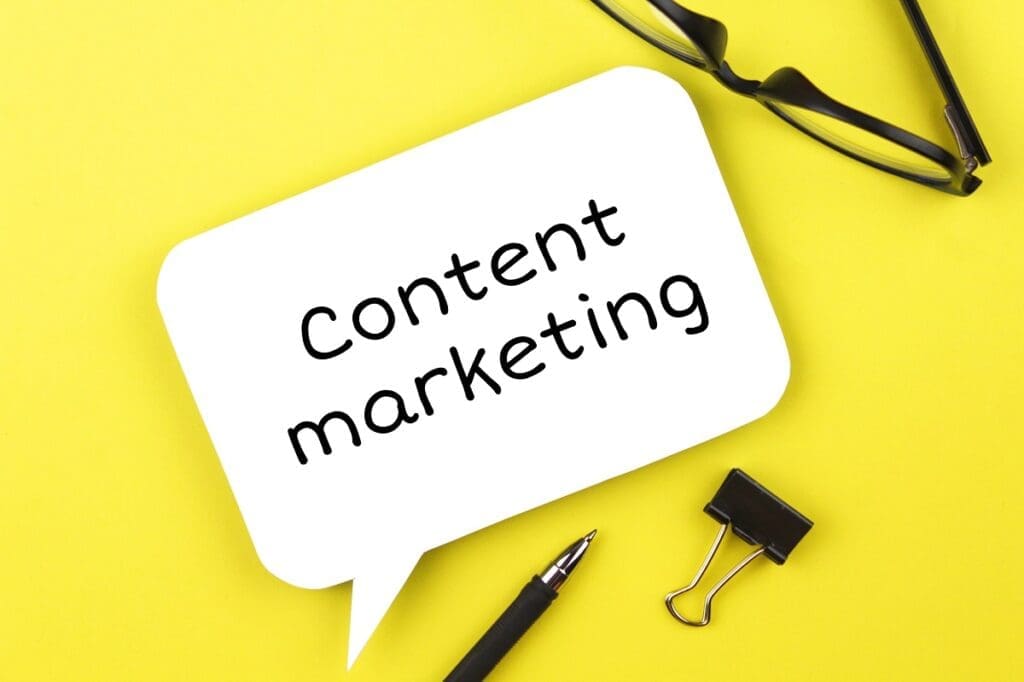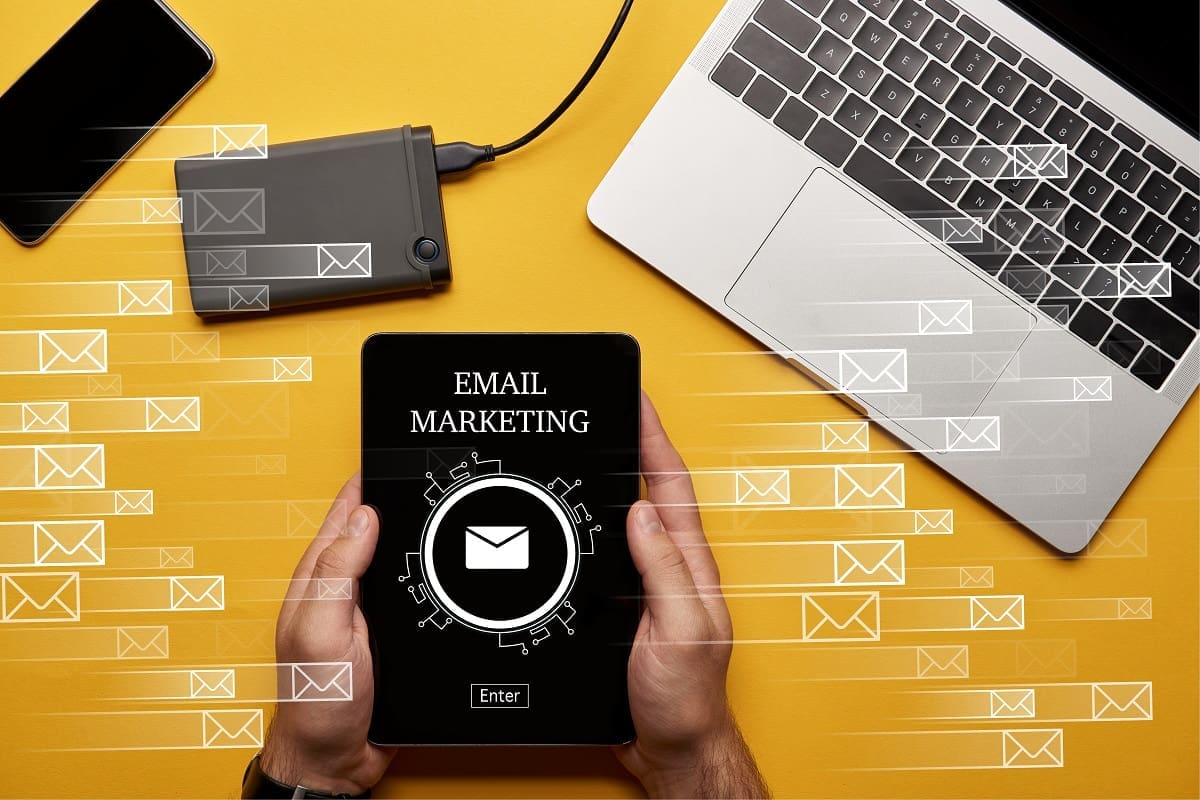Leveraging AI for Efficient Content Marketing
In today’s fast-paced digital world, the demand for effective content marketing strategies has skyrocketed. Businesses are seeking innovative ways to engage their audience, boost brand visibility, and drive conversions. Enter Artificial Intelligence (AI), a game-changing technology reshaping the landscape of content marketing.
AI is rapidly transforming the world around us, and the field of content marketing is no exception. AI-powered tools and platforms are helping content marketers create more personalized, relevant, and engaging content, automate tasks, and gain valuable insights into their audience.
AI has become an invaluable tool for busy business owners looking to streamline their content marketing efforts and maximize returns. With AI, businesses can now automate tasks that would otherwise be time-consuming and labor-intensive, such as content creation, audience targeting, and performance tracking. AI-powered tools are not just time-savers; they are performance enhancers driving the future of content marketing.
How AI is Changing Content Marketing
AI is changing content marketing in a number of ways, including:
- Personalization: AI can help content marketers to create more personalized content for their target audience. By analyzing data on customer behavior, preferences, and interests, AI can identify the types of content that are most likely to resonate with each individual customer.
- Relevance: AI can help content marketers to create more relevant content. By understanding the search intent of users, AI can help marketers create content that is optimized for search engines and that meets the needs of their target audience.
- Engagement: AI can help content marketers to create more engaging content. By understanding what types of content perform well with their audience, AI can help marketers create content that is more likely to be shared, liked, and commented on.
- Automation: AI can automate many of the tasks involved in content marketing, such as content research, keyword research, content optimization, and content distribution. This can free up content marketers to focus on more strategic tasks, such as developing content ideas and creating relationships with influencers.
- Insights: AI can provide content marketers with valuable insights into their audience. By analyzing data on customer behavior and engagement, AI can help marketers understand what types of content are most effective at driving conversions.

Harnessing the Power of AI: A Success Story
Let’s delve into the success story of a business owner who transformed their content marketing strategy using AI. Consider the case of a busy business owner, juggling multiple responsibilities, with little time to focus on content marketing. They decided to leverage AI to help them manage their content marketing strategy. They employed AI content marketing tools to automate content creation, optimize SEO, and analyze the performance of their content.
The following is just one example of the transformative power of AI in content marketing.
Sarah’s story: How AI helped a busy business owner
Sarah is a busy business owner who doesn’t have a lot of time to create content. She knows that content marketing is important, but she struggles to keep up with it.
Sarah decided to try using AI to help her with her content marketing. She started using an AI-powered tool to generate content ideas. The tool helped her to come up with new and interesting ideas for blog posts, articles, and social media posts.
Sarah also started using an AI-powered tool to analyze her content. The tool helped her to understand what types of content were performing well with her audience and what types of content were not. Sarah used this information to improve her content strategy.
Since using AI, Sarah has been able to create more content and improve the quality of it. She has also seen an increase in engagement and conversions.
The result? A significant boost in her website traffic, improved audience engagement, and increased sales. Thanks to AI, she was able to streamline content marketing operations, freeing up valuable time to focus on other aspects of the business.

The Many Benefits of AI in Content Marketing
Incorporating AI into your content marketing strategy can offer numerous benefits. AI-powered tools can help businesses create high-quality, SEO-friendly content more efficiently. They can provide valuable insights into customer behavior and preferences, enabling you to tailor your content to suit your audience’s needs. AI can also help you track the performance of your content, providing real-time feedback that you can use to optimize your strategy.
Moreover, AI can help you automate various aspects of your content marketing, saving you precious time and resources. By automating tasks like content creation and performance tracking, you can focus more on strategic planning and less on manual labor.
Specific Benefits of AI in Content Marketing
Among the many benefits of using AI content marketing tools are:
- Improved efficiency: AI can help content marketers work more efficiently by automating many of the tasks involved in content marketing. This can free up content marketers to focus on more strategic tasks and to create higher-quality content.
- Increased reach: AI can help content marketers to reach a larger audience by helping them to create more personalized and relevant content. Additionally, AI can help marketers to identify and target new audiences.
- Improved engagement: AI can help content marketers create more engaging content by understanding what types of content perform well with their audience. Additionally, AI can help marketers to personalize their content and to deliver it at the right time.
- Increased conversions: AI can help content marketers increase conversions by helping them create content that is more effective at driving sales and leads. Additionally, AI can help marketers target their content to the right audience at the right time.
Disadvantages of Using AI for Content Marketing
There are a number of potential disadvantages to using AI for content marketing, including:
- Lack of creativity and personal touch. AI-generated content can often sound robotic or impersonal, which can alienate readers and make it difficult to build a strong brand identity.
- Quality concerns. AI-generated content may contain errors in grammar, spelling, or fact. It may also be plagiarized or unoriginal.
- Bias. AI algorithms can be biased, which can lead to content that is unfair or discriminatory.
- Transparency. It can be difficult to know how AI-generated content was created or what data was used to train the AI model. This can make it difficult to trust the content or ensure that it is accurate and unbiased.
- Ethical concerns. Some people have ethical concerns about the use of AI, particularly when it is used to generate content that is intended to influence people.
An AI-generated blog post may be factually accurate, but it may not be engaging or interesting to read. An AI-generated product description may be accurate and comprehensive, but it may not be persuasive or motivating. An AI-generated social media post may be grammatically correct and relevant to the audience, but it may not be creative or original. An AI-generated email newsletter may be personalized to each recipient, but it may not be relevant to their interests or needs.
It is important to note that AI is still a developing technology, and the disadvantages listed above are being addressed by researchers and developers. However, it is important to be aware of these disadvantages before using AI for content marketing.
How to overcome the disadvantages of using AI for content marketing
If you do decide to use AI for content marketing, there are a few things you can do to overcome the disadvantages listed above:
- Use AI to supplement human creativity, not replace it. AI can be a great tool for generating ideas and brainstorming, but it should not be used to write entire pieces of content without human oversight.
- Carefully curate and edit AI-generated content. Before publishing any AI-generated content, be sure to carefully review it for accuracy, grammar, spelling, and plagiarism. You should also edit the content to ensure that it is engaging and relevant to your audience.
- Be transparent about your use of AI. Let your readers know that you are using AI to generate content, and explain how you ensure the content is accurate and unbiased.
- Use AI ethically. Be mindful of the ethical implications of using AI to generate content. Avoid using AI to create content that is misleading, deceptive, or harmful.
By following these tips, you can minimize the disadvantages of using AI for content marketing and maximize the benefits.

Here are some tips for using AI in content marketing:
- Start by identifying the areas of your content marketing process where AI can help you. This could include content research, keyword research, content creation, content optimization, or content distribution.
- Choose the right AI-powered tools and platforms for your needs. There are a variety of AI-powered tools and platforms available, so it is important to do your research and choose the ones that are right for your business and your budget.
- Start experimenting with AI. The best way to learn how to use AI effectively is to start experimenting with it. Try using different AI-powered tools and platforms to see what works best for you.
- Monitor your results. It is important to monitor your results to see how AI is impacting your content marketing strategy. Track metrics such as website traffic, engagement, and conversions to see how AI is helping you achieve your goals.
In conclusion
AI is a powerful tool that can revolutionize your content marketing strategy. It can help content marketers to improve their efficiency, reach, engagement, and conversions. Whether you’re a busy business owner trying to juggle multiple responsibilities or a marketing manager looking to boost your brand’s online visibility, AI can help you achieve your content marketing goals.To learn more about content marketing, check out our complimentary online content marketing course.






